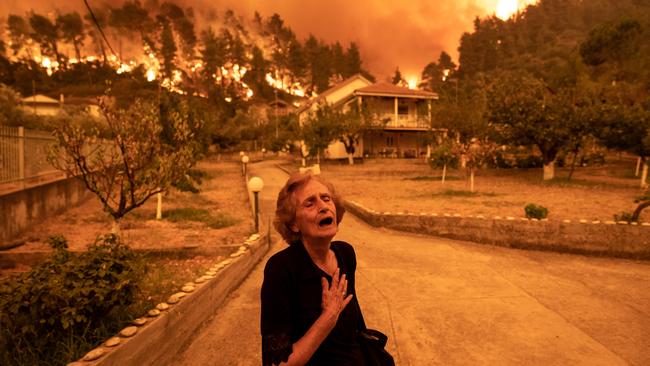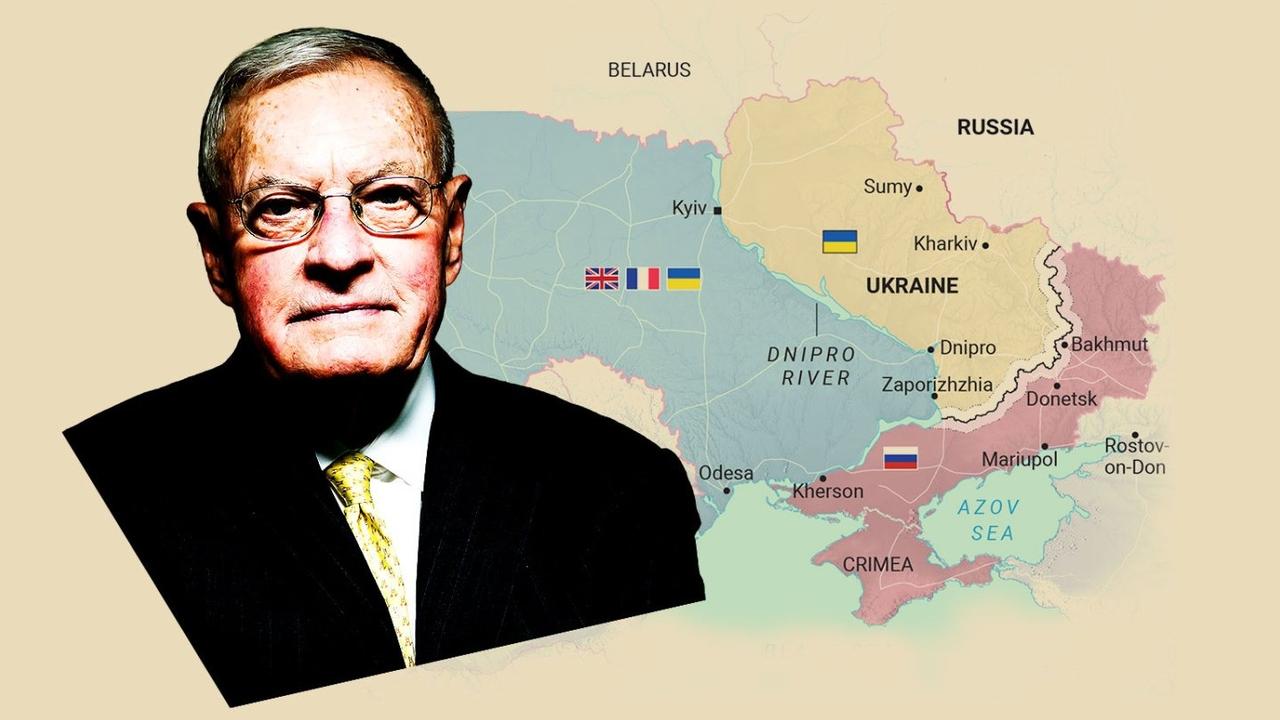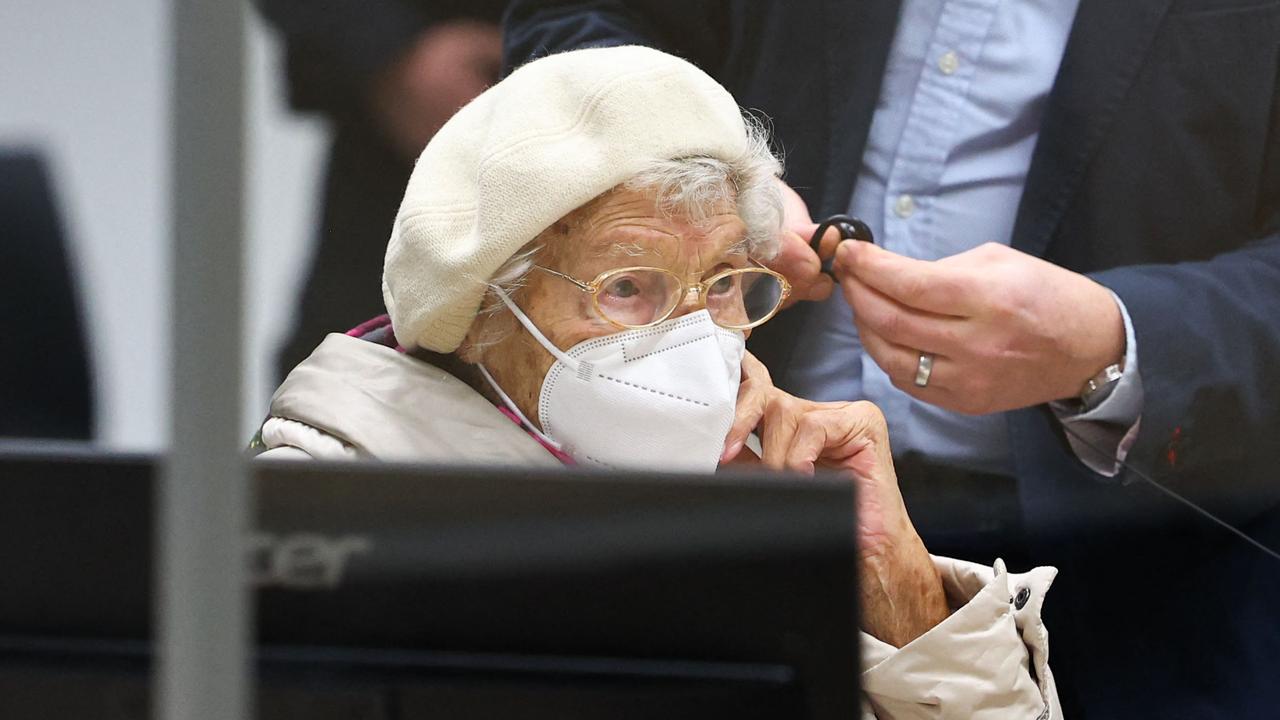Hottest years are a ‘stark reminder to change our ways’
The past seven years were the seven hottest on record globally ‘by a clear margin’, according to the EU’s climate-monitoring service.

The past seven years were the seven hottest on record globally “by a clear margin”, according to the EU’s climate-monitoring service.
Last year was the fifth warmest, with an average global temperature 1.1C to 1.2C above the period from 1850 to 1900. The Copernicus Climate Change Service confirmed that 2021 had joined the run of warm years despite the cooling effect of La Nina weather phenomenon.
The service noted in its annual assessment that Europe had been hit by extreme weather last summer, including severe floods in July that killed more than 200 people in Germany and Belgium.
The European temperature record was broken in Sicily, where 48.8C was reported in August, 0.8C above the previous high, although this has still to be officially confirmed by the World Meteorological Organisation.
Hot and dry conditions resulted in intense and prolonged bushfires in several countries, including Greece, Turkey, Italy, Spain and Portugal.
“These events are a stark reminder of the need to change our ways, take decisive and effective steps toward a sustainable society and work towards reducing net carbon emissions,” Copernicus director Carlo Buontempo said.
The agency also found that atmospheric concentrations of the global warming gases carbon dioxide and methane had increased. Methane rose “very substantially”, to a record of about 1876 parts per billion (ppb). The growth rate for 2020 was 14.6ppb per year and for last year 16.3ppb per year: more than double the average annual growth in the previous 17 years.
Sources of the methane rise include natural emissions from wetlands and human-caused ones such as leaks from natural gas and oil production, coalmining and landfill, as well as livestock.
Professor Rowan Sutton, from the National Centre for Atmospheric Science at the University of Reading, said: “At a global level the warming may appear gradual but it is the impact on extreme events in many different parts of the world that is dramatic.
“We should see the record-breaking 2021 events, such as the heatwave in Canada and floods in Germany, as a punch in the face to make politicians and public alike wake up to the urgency of the climate emergency.
“Moreover, the continued increases in greenhouse gas concentrations in the atmosphere screams out that the underlying causes have yet to be addressed.”
Professor Paul Palmer, of the National Centre for Earth Observation at the University of Edinburgh, said: “The Copernicus report is a stark reminder of the herculean efforts that are still needed to urgently reduce fossil fuel emissions of greenhouse gases.”
The Times







To join the conversation, please log in. Don't have an account? Register
Join the conversation, you are commenting as Logout